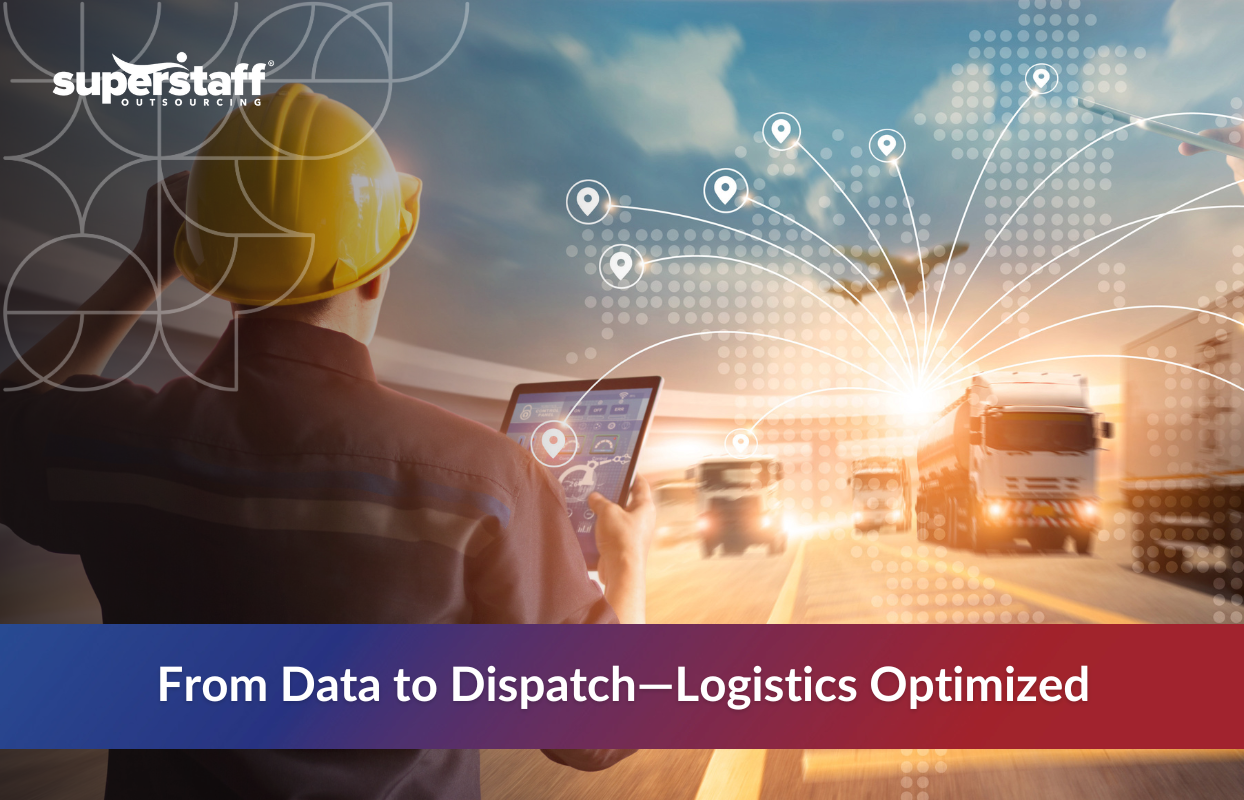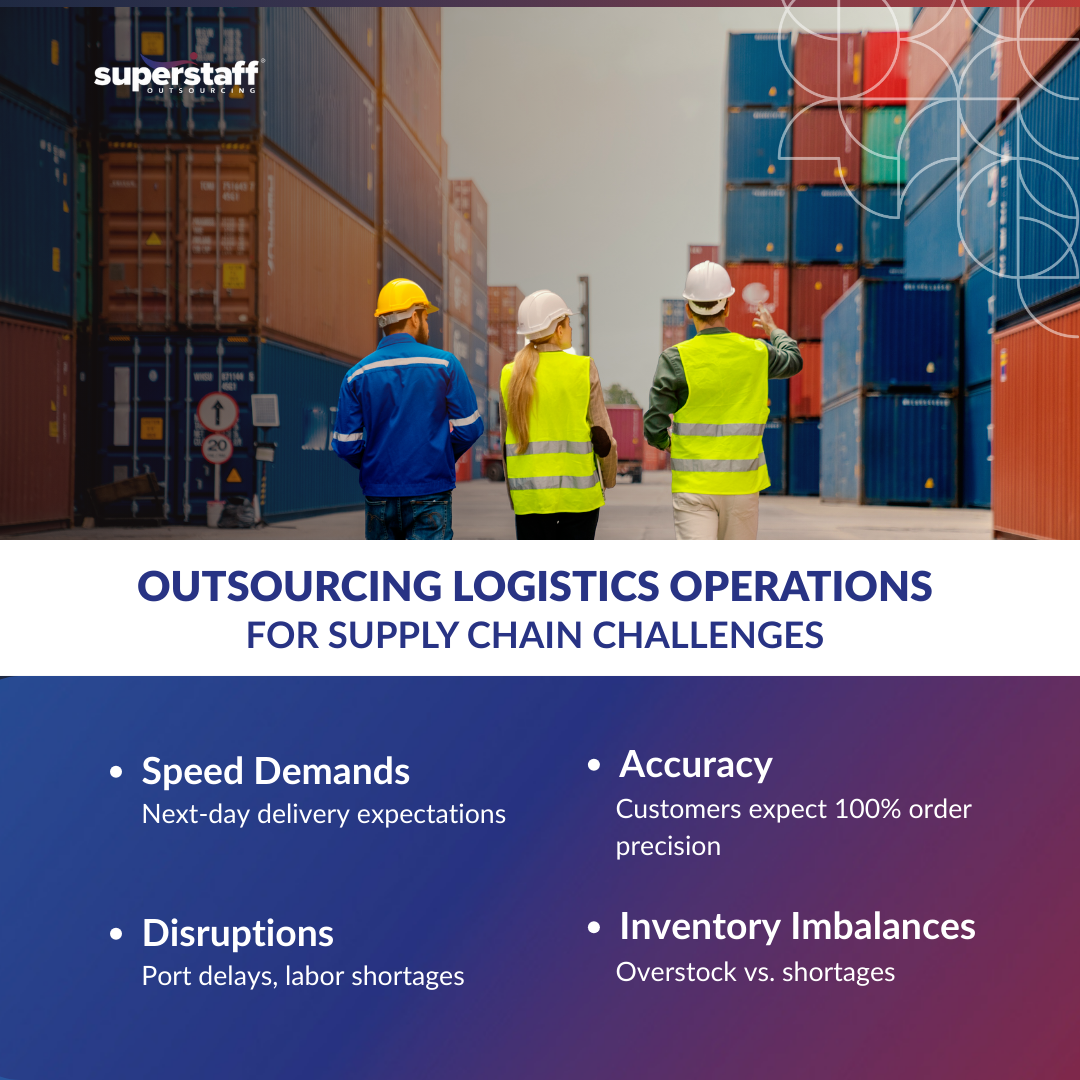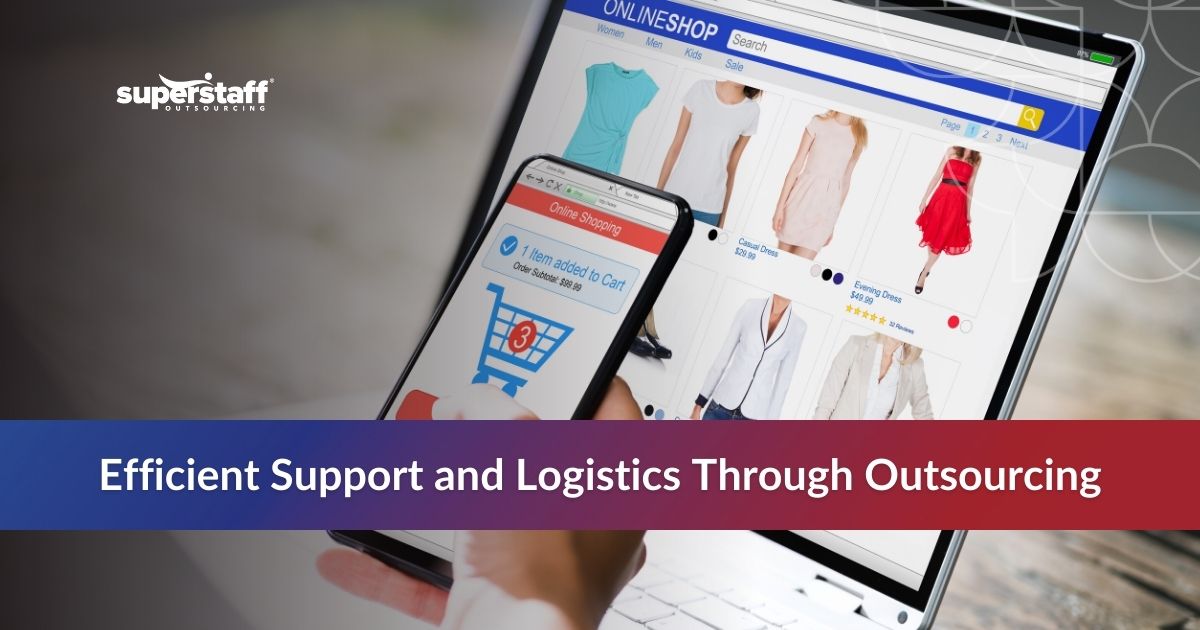
Customers expect next-day delivery, real-time tracking, and perfect order accuracy every single time. Behind the scenes, logistics teams are working hard to meet those demands. But global supply chains aren’t built to handle this pressure alone. Rising costs, labor shortages, and unexpected disruptions make the job more challenging each day.
From pandemic shutdowns to port delays and changing customer habits, recent years have revealed how fragile traditional supply chains are. What worked in the past? It’s not working anymore. Businesses need to move faster, adjust quicker, and make smarter decisions across the board.
This is where advanced tools and more innovative strategies make a difference. But even the best systems can’t run themselves. Behind every smooth operation is a team making sure everything stays on track. That’s why many businesses turn to outsourcing logistics operations—to bring in the skilled support needed to keep things moving.
How Automation Supports Logistics Operations
AI-driven logistics management helps companies respond faster and run more efficiently. With the right tools, businesses can better predict demand, avoid delays, and keep inventory at the right levels, reducing shortages and overstock.
According to a study by McKinsey & Company, businesses that adopt advanced logistics tools can achieve up to 30% lower inventory levels, cut logistics costs by as much as 20%, and reduce procurement spending by 15%—proof that smarter systems don’t just improve efficiency, they deliver real savings.
Here’s how technology helps streamline operations:
- Data analysis tools look at past trends to forecast demand and spot potential delays early.
- Automated warehouse systems check inventory, improve accuracy, and reduce human error.
- Smart delivery tools map out the quickest and most cost-effective routes, saving time and fuel.
Technology can make things faster and more accurate—but it only works well when used the right way. With the right setup and support, these tools help businesses keep up with the demands of a busy supply chain.
Human Support in Outsourcing Logistics Operations
Even the most advanced logistics tools need people behind them. These systems don’t simply “set and forget”—they require continuous supervision, updates, and real-time input to stay effective.
To keep things running smoothly, many businesses rely on a Human-in-the-Loop (HITL) model, where people stay in the loop at key stages. This setup helps ensure that decisions are accurate, systems remain reliable, and any unexpected issues are quickly addressed.
Outsourced teams provide the extra support needed to manage key tasks, ensure smooth workflows, and maintain day-to-day operations without disruption.
Some of the critical functions these teams handle include:
- Labeling and organizing data to help systems make accurate decisions
- Monitoring for errors or slowdowns and addressing issues in real-time
- Flagging unusual situations that automated tools might overlook
These teams also fill the gaps where technology can’t—like assisting customers, handling delivery concerns, and providing timely updates. In short, they make sure nothing gets missed and everything keeps moving.
The Role of Third-Party Logistics (3PL) in Round-the-Clock Shipment Tracking
Real-time order tracking is one of the key factors that can boost customer satisfaction, because when people know where their package is, they feel more in control and confident in the service.
Third-party logistics (3PL) providers play a key role in this process. Their dedicated teams monitor shipments across carriers, warehouses, and fulfillment centers around the clock, making sure everything stays on schedule. When issues arise, they send proactive alerts for delays, missed deliveries, or disruptions, helping businesses respond quickly and keep customers informed.
Technology helps 3PLs keep deliveries on track. From centralized tracking systems to carrier integration platforms, 3PLs rely on digital tools to manage complex logistics networks. In fact, 54% of shippers say they’re satisfied with their 3PLs’ IT capabilities—a signal that technology is not just a value-add but an expected part of the service.
The role of third-party logistics (3PL) in supply chain operations has become increasingly important, as businesses depend on both technology and human oversight to ensure accuracy, speed, and efficiency.

Behind AI Inventory Tools: Reliable Outsourced Support
Inventory management runs most smoothly when supported by capable human teams, even when technology is involved. Many businesses streamline this process by outsourcing logistics operations, ensuring constant oversight and prompt action when system issues arise.
Here’s how outsourced teams help maintain inventory accuracy:
- Check Stock Alerts and Fix Issues – Staff review system alerts and step in when something looks off to keep inventory counts right.
- Enter Data into Inventory Systems – They make sure information is updated in real-time so systems stay accurate.
- Review Orders Before Shipping – Orders are checked for errors to prevent shipping mistakes and delays.
- Handle Returns and Refunds – Teams manage returns quickly and process refunds to keep customers happy.
These behind-the-scenes efforts not only keep inventory systems accurate but also enhance AI tools’ performance, leading to faster fulfillment, fewer errors, and better customer satisfaction.
Outsourced CX Teams Bridge the Automation Gap
AI chatbots and self-service tools are great, but they’re not enough. When customers have complex questions, urgent concerns, or special instructions, they need a human touch.
As part of outsourcing logistics operations, customer experience (CX) teams provide essential support where automation falls short:
- Delivery problems, special requests, or complaints
- Multichannel communication—email, phone, chat, and social media
- Multilingual support for global audiences
When automation falls short, real agents step in to do what technology can’t—listen, understand, and respond with empathy. Outsourced CX teams make sure customers feel genuinely supported, keeping satisfaction high even in complex situations.
Flexible, Skilled Support for AI-Driven Logistics
Supply chain outsourcing trends show that more businesses are turning to external support to handle challenges and improve efficiency.
By working with third-party providers, businesses gain access to experienced teams who understand the logistics process from end to end. These teams are already trained and ready to step in—no long onboarding or extra overhead is required.
- Faster ramp-up times for launching or expanding operations
- Fewer hiring and training challenges thanks to ready-built teams
- Flexible staffing that adjusts to seasonal demand or shifting priorities
With the right partner, companies can strengthen their logistics operations without stretching internal resources.
Smart Supply Chains Need Smart Support
Technology can improve forecasting, fulfillment, and routing, but lasting success in logistics depends on people, processes, and partnerships.
Outsourcing brings it all together. By extending your team with experienced professionals, you can streamline track-and-trace operations, elevate customer experience, and ensure accurate data handling, without the burden of hiring and training in-house.
Ready to future-proof your supply chain? Let SuperStaff help you build a competent, scalable support team that keeps your logistics running smoothly behind the scenes.






